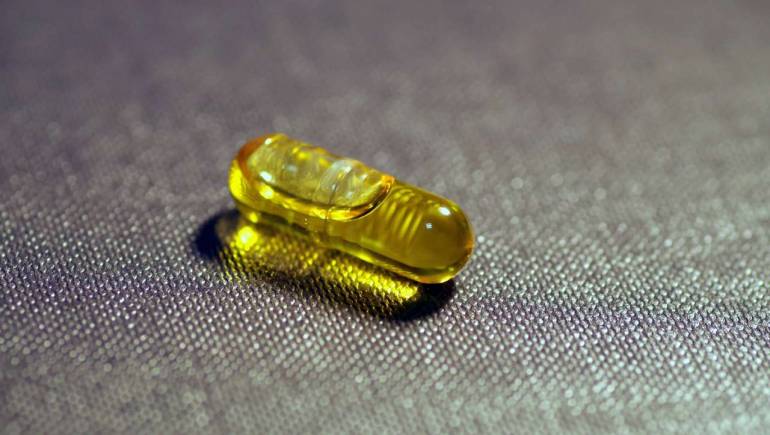
05 May US opioid crisis and India’s own drug problems
Last week, John Kapoor, the Indian-origin founder of US-based Insys Therapeutics became the first pharmaceutical boss to be convicted on charges of racketeering in a case linked to the US opioid crisis.
A Boston jury found Kapoor and four other employees to have conspired to bribe doctors to prescribe addictive painkiller called Subsys, and also misleading insurance companies about patients’ need for the drug.
Opioids are a class of drugs derived from the opium poppy plant. Over the years, many synthetic versions of opioids have emerged. They range from codeine, to illegal drugs like heroin. Prescription opioids are primarily used for pain relief. Morphine, tramadol, fentanyl, methadone and alfentanil are more frequently used opioid drugs.
Subsys is a sublingual spray of fentanyl. Fentanyl is a very fast acting and powerful opioid used to relieve pain in cancer patients. Fentanyl, a synthetic opioid is considered to be 100 times more potent than morphine.
It is estimated that more than 900 people die per week from opioid-related overdoses.
Well, the problem is largely due to over-prescription of legal pain medications. US has been waging a war against drugs, pharmaceutical companies and their executives who are pushing these drugs to doctors through inducements. Some opioid drug makers like Purdue Pharma and Mallinckrodt have paid millions of dollars to reach settlements.
Spectacular fall
It was a spectacular fall from grace for 76-year-old Kapoor, who migrated to US from Mumbai with $5 in his pocket to pursue his American dream in the 1960s.
Kapoor, a graduate from Institute of Chemical Technology (ICT), earned his PhD in medicinal chemistry from the University of New York at Buffalo. In 1990, he founded Insys, a specialty pharmaceutical company focused on cannabinoids and novel drug delivery systems that address unmet patient needs.
Insys’ fame and fall, can be attributed to Subsys — the top selling drug of the company. More than the novelty of the drug, it is the unique formulation that delivers a fine mist of medication underneath the tongue to provide pain relief.
It is the first and only sublingual spray for breakthrough cancer pain approved by the US Food and Drug Administration (USFDA). The drug was an instant hit due to its quick action. Within three years of its launch in 2012, Subsys sales doubled to more than $500 million.
Kapoor joined Forbes list of billionaires in 2013. His net worth peaked in 2015 to $3.3 billion. According to a Forbes report, as on December 2018 his net worth fell sharply to $875 million.
His net worth is majorly derived from his stakes in Insys and generic drug maker Akorn.
Lessons for India
In India, opioids are regulated under the Narcotic Drugs and Psychotropic Substances Act, 1985 or NDPS, and schedule H1 drugs.
Under NDPS Act, manufacturers, distributors, sellers, importers, exporters and consumers of specified controlled substances are required to register, maintain records and file quarterly returns with the Narcotics Control Bureau (NCB). Schedule H1 drugs have to be clearly displayed with ‘Rx’ in red on the top- left corner of the label.
NDPS is a stringent regulation with a 10-year mandatory minimum prison term for violations involving narcotic drugs, along with cumbersome licensing procedures of import, export and transport between states.
To be sure, the drug abuse in India has not reached the menacing levels as in US, but the problem of substance abuse, especially prescription drugs do exist in India and is growing.
It has reached alarming levels in Punjab, and the recent murder of Neha Shorie, a young official with the Drug and Food Chemical Laboratory in Kharar who was acting against a chemist, who was illegally selling banned substance, is an indicator of things.
We have also seen that opioid drugs like tramadol have been over-prescribed and sold in India as over-the-counter (OTC) drugs, even after the drug was added to the list of H1 schedule.
Tight regulation is needed. But over regulation also means that these drugs will become unavailable for cancer patients who need them the most.
[ad_2]
Source link



No Comments